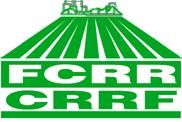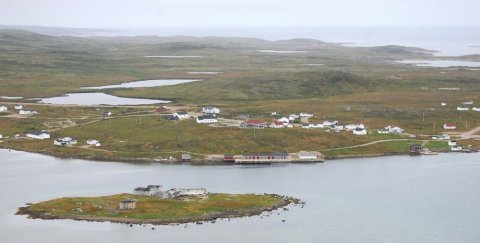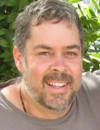Citizen-Led Sustainable Change March webinar: Vivre St. Michel en Santé
1-2 pm ET
St. Michel is one of Montreal’s oldest suburbs. Since 2004, Vivre St. Michel en Santé (for a Healthy St. Michel) has employed an innovative urban and social revitalization strategy that has rebranded a neighbourhood once known for its high crime rates and lack of services into one that is known for its active and unified citizens and coordinated action. Particularly innovative are the processes used build “community” among a transient, diverse and largely immigrant population. Vivre St. Michel en Santé takes an integrated approach involving citizens, community organizations, donors and government offices. Collectively, their efforts have helped residents, with its mix of new immigrants, experience a better quality of life in the areas of art, culture, housing, security, health, sports, leisure, transportation and access to services.
Join us on Thursday, March 6, 2014, 1-2 pm ET (noon - 1 pm CT) when Brianne Peters and Jean Panet-Raymond present this Citizen-Led Sustainable Change webinar on an innovative urban and social revitalization strategy.
Register now
Jean Panet-Raymond talks about some of the factors that have contributed to the success of his organization.
Other resources
- Humility and Audacity: The story of Vivre Saint Michel en
Santé, Montreal, Québec - Reducing poverty in Montreal, QC - Vibrant Communities Canada (2012-09-28)
Event Contact
Deb Markley
Center for Rural Entrepreneurship
919-932-7762
deb@e2mail.org
http://ruralwealth.org/page/webinars-1



 Co-ops 101 is BCCA's introduction to co-operatives and the co-op movement. Designed to be relevant and interesting everyone from new co-operators, employees at co-ops and credit unions, or anyone interested in the co-op movement, it's an excellent way to learn more about co-ops. This event will be held by webinar only; participants will require an internet connection and telephone.
Co-ops 101 is BCCA's introduction to co-operatives and the co-op movement. Designed to be relevant and interesting everyone from new co-operators, employees at co-ops and credit unions, or anyone interested in the co-op movement, it's an excellent way to learn more about co-ops. This event will be held by webinar only; participants will require an internet connection and telephone.


